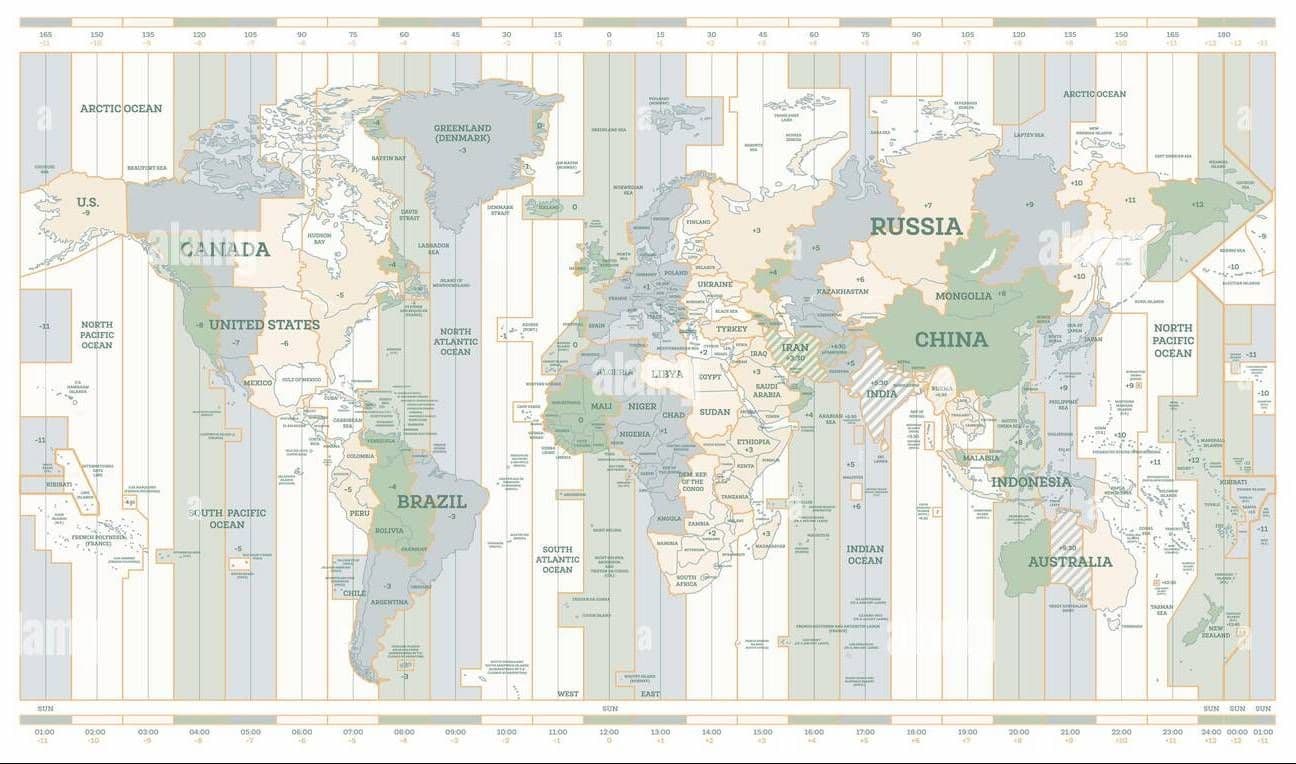Programming often presents us with challenges that at first seem almost invisible. Today, I'd like to expand on a recent project I undertook involving an international radio station, cloud recordings, and our not-so-little friend, the timezone.
Our task seemed fairly straightforward: a radio station had its programs recorded in the cloud in 1-hour chunks, and we had to fetch that audio, store it locally, and save a database record linking the program information with the respective audio file. The station also provided a schedule outlining what program was being broadcasted every hour of every day.
Everything seemed in order on paper - fetch the audio file, check the schedule, tag the recording with the correct program, and save it. What could go wrong?
Remember our friend, the timezone? Here's where it came into play. The radio station operated in UTC+1, while our servers were in UTC. All seemed well until we noticed a consistent problem at the cusp of each hour, especially when programs were scheduled to change.
Take for example, Program A, which ends at 6 AM and Program B, which starts at 6 AM in the radio station's local time (UTC+1). Our system was pulling the audio chunks for the 6 AM to 7 AM slot and, due to the timezone difference, it was tagging them as part of Program A, whereas they should have been tagged as Program B.
This seemingly minor one-hour shift was causing a substantial issue – the first hour of every program was being mislabeled. This issue was prominent and pervasive, a prime example of how the seemingly innocuous problem of handling timezones can ripple through a system.
How did we fix this? We revised our approach to timestamping the audio chunks and linking them to the program schedule. Instead of relying on our server's local time (UTC), we decided to convert all timestamps and schedules to UTC, effectively eliminating any potential confusion arising from timezone differences.
Simplified example
Here's how we revised the code:
// Get the audio file and the schedule
let audioFile = fetchAudioFromCloud();
let schedule = fetchSchedule();
// Get the timestamp of the audio file in UTC+1
let timestamp = audioFile.timestamp;
// Convert the timestamp to UTC
let timestampUTC = timestamp - 60000;
// Adjust the schedule time to UTC
schedule.forEach(program => {
program.startTime = program.startTime - 60000;
program.endTime = program.endTime - 60000;
});
// Find the program for the audio file
let program = schedule.find(p => timestampUTC >= p.startTime && timestampUTC < p.endTime);
// Create a new record with the program info and audio file
let record = {
programInfo: program.info,
audioFile: audioFile
};
// Save the record to the database
saveRecordToDatabase(record);
By handling all the times in UTC, we correctly linked the audio chunks with their corresponding programs, no matter when they were broadcasted. Our saga with the radio station reinforced a valuable lesson: when dealing with time, always account for potential timezone differences. It's a small detail that can make a world of difference, and when you get it right, it's music to your ears.
Conclusion with a personal touch
The journey of a software developer is an intricate maze of self-discovery, continuous learning, and, quite often, epic battles against elusive bugs. There is a particular kind of enlightenment that comes from wrestling with a system bug that isn't a direct result of our own code but, instead, an external condition, such as timezones.
Initially, it might feel like being lost in a forest, where every tree looks the same and you can't tell north from south. You might comb through hundreds of lines of your own code, convinced that the bug lurks somewhere within, only to realize it's been an external factor all along. The frustration that comes from such experiences can be overwhelming, but they offer a chance for a new kind of understanding, a fresh perspective, and an opportunity for growth.
The journey to debugging these kinds of bugs can be arduous. However, it is precisely this journey that hardens you, making you more resilient, more resourceful, and more adaptive. Hours spent poring over code and testing various scenarios enhance not only your technical skills but also your problem-solving abilities.
In the end, it is the accumulation of these experiences that cultivates the essence of a senior developer. A senior developer isn't just someone who writes flawless code; it's someone who understands the broader system dynamics, who can think on their feet and solve problems beyond the borders of their own code.
These timezone-related bugs that we've explored are just one example of the unexpected surprises that the programming world often presents us with. Dealing with these issues successfully doesn't just mean we've overcome a problem, but rather that we've ascended to a new level of understanding and skill. And in my opinion, that's what being a senior developer is all about: continual growth, constant learning, and the relentless pursuit of mastering our craft.
